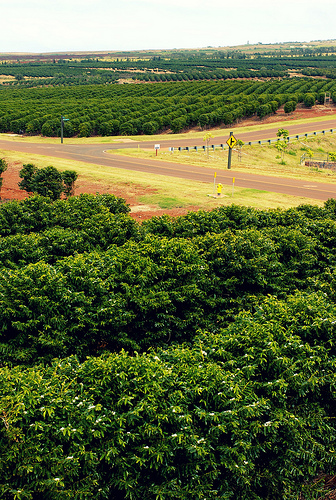We have the ability and the responsibility to choose whether our actions follow a virtuous path or not. – Dalai Lama
 What does that mean?
What does that mean?
This is an interesting compound sentence. We as humans have both the ability and the responsibility to choose our actions. With our action, we choose to follow a virtuous path or to follow a less than virtuous path.
Even in the presence of a totalitarian regime, we have the ability to choose our actions. There might be consequences, but we can still choose. We have the responsibility to to choose our actions. Our actions impact others, and provide an example to anyone watching. Even random actions have consequences.
The choice to take the path of virtue or to take another path is also up to us. This is an important responsibility, as the actions we take impact and influence other people. By choosing a virtuous path, our impact and influence are for the betterment of ourselves and others.
Why is virtue important?
We all have interconnections with other people. These interconnections can help others or they can hurt others. When the quote talks of our responsibility, it is to choose the path our actions will take. If it is a virtuous path, we will help others. If it is not, it may well cause some form of injury or detriment to others.
In thefreedictionary.com, the definition of virtue includes “Moral excellence and righteousness; goodness” and “A particularly efficacious, good, or beneficial quality.” This set of qualities are what help people, and decisions and plans that are lacking in virtue are the opposite. While not everyone wants to go out of their way to help others, by choosing a virtuous path, you can help others, or at least not do harm.
Where can I apply this in my life?
We are all faced with decisions every day. Many of them are made out of habit. How often do you change the way you take your breakfast drink? For me, it’s always Mountain Dew. For the coffee drinkers, how often do you change your brew? How often do you change the amount of sugar or cream? Same kinds of questions for drinkers of tea, fruit juices, or milk.
What if those habitual decisions harmed others? You hear complaints from time to time about the ‘sweat shops’ around the planet. How do your purchasing decisions impact those people, or does it cross your mind? What of the origin of the coffee beans, is it from a responsible, sustainable, agriculture center, or is it from a slash-and-burn operator in a third world country?
These aren’t things we often think of, and to be honest, no one person will make that large of a difference. However, if we all pay attention to what we do and how it impacts others, we can start to make a difference together. Getting angry about how some people act is not (in my opinion) a skillful path, nor is it a virtuous one. Anger rarely helps anyone and usually does more harm to the person who is angry.
In the conscious decisions we make, we usually allow for how the outcome will impact other people, at least those who are close to us. That’s an excellent start, and one we can try to build on. The examples I gave earlier were on the global scale, but every decision you make has a local impact as well.
Will you have dinner at a local restaurant, or a mega-chain restaurant? Both employ local people, both pay local taxes. But one keeps nearly all the money in the community, the other sends large amounts of money back to the corporation (franchise fees, etc). Not that there is anything wrong with the arrangement, but you might want to consider where the money goes when it leaves your hands.
Local businesses tend to spend their philanthropic money in the local area. With the national chains, it’s hit and miss. Local restaurants will be more receptive to changing menu items or adding new ones. When happened the last time you asked a mega-chain for something that wasn’t on the menu?
Basically, this quote calls for us to use conscious competence, or noticing what you are doing and making an effort to do it better. If you have habitual decisions, you can work on changing your habits. That might mean using a substitute, doing without, or buying from a different store. But you can make a difference.
I am not advocating any particular cause, nor am I taking sides in the arguments. I am pointing out that virtue in our decisions can help shape our world for the better, one tiny little bit at a time. Virtue: it has a place in every action, and every decision.
From: Twitter, @DalaiLama
confirmed at : it’s his own feed…
Photo by mikefats






